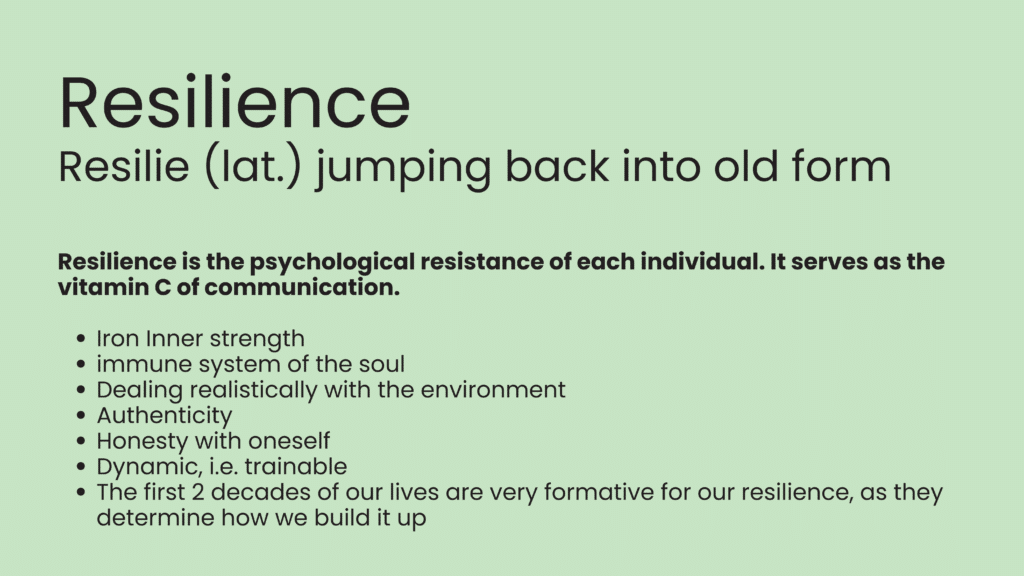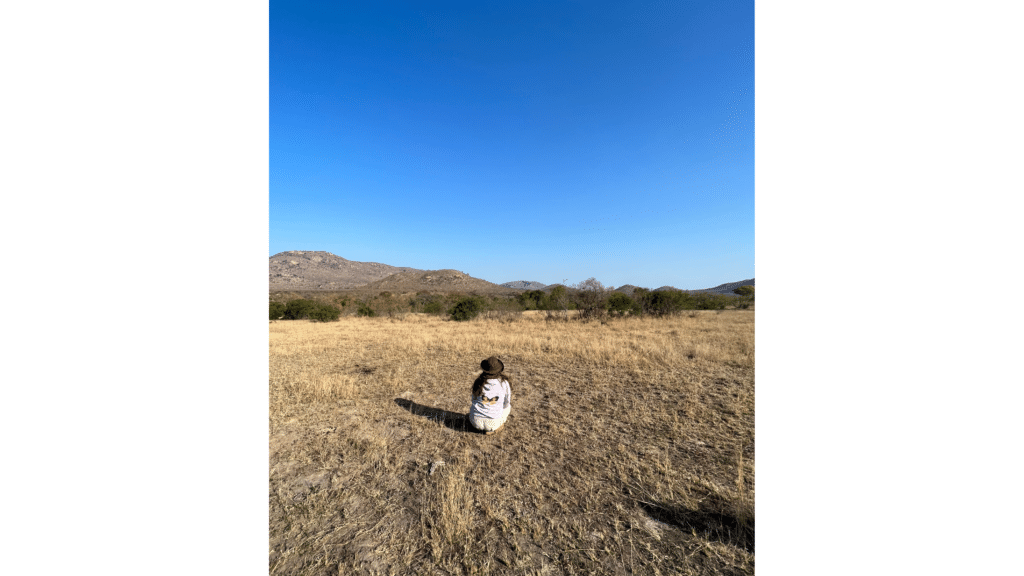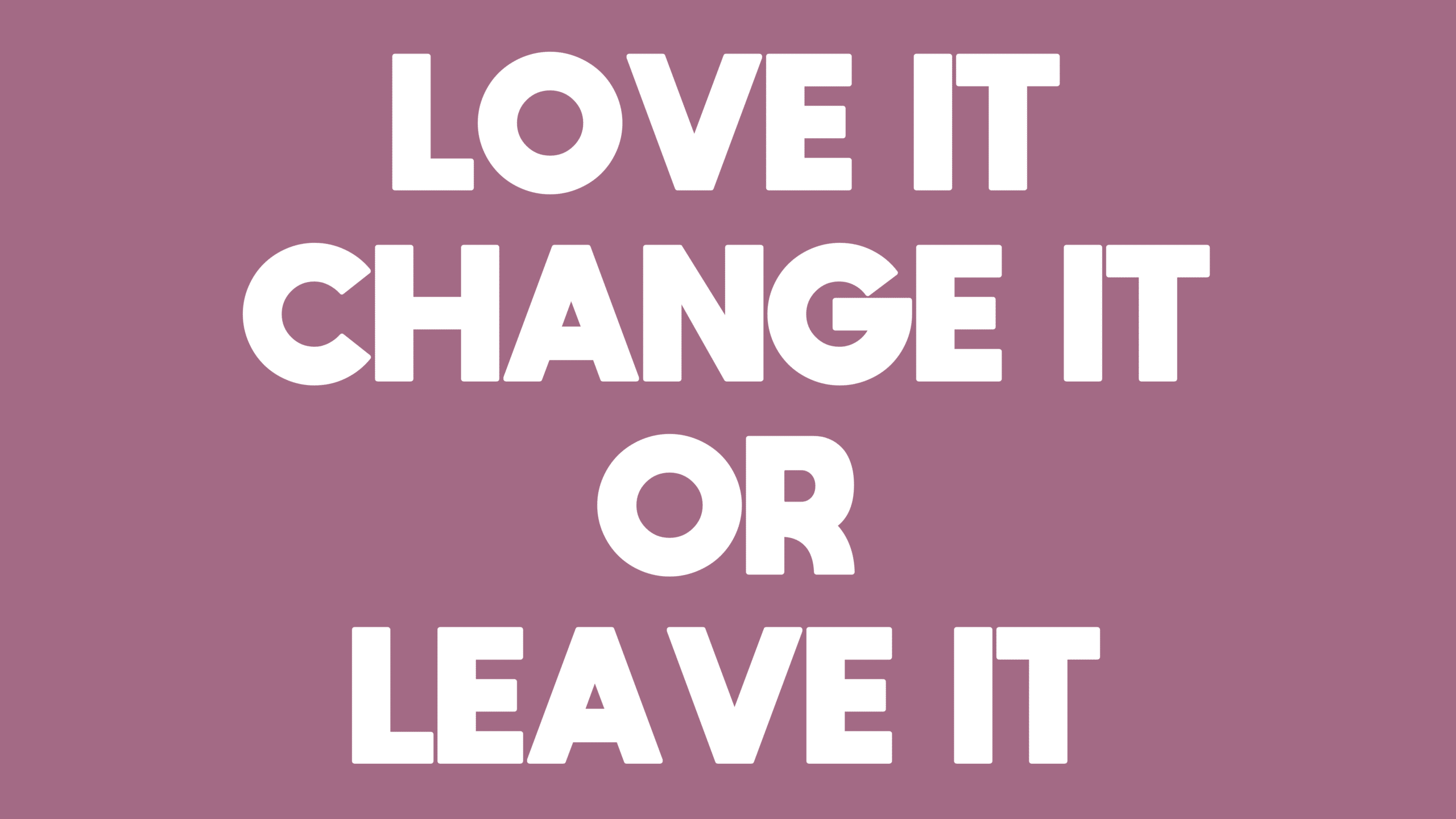Resilience. An idea...
I recently came across an exciting discussion on social media. I read the keyword resilience and became curious. This discussion has taken my thoughts about the resilience of companies and employees to a new level. I want to share my perspectives with you. I believe that resilience is crucial in today’s world of work.
Is resilience more than just having a thick skin?

During the debate, it was criticized that the term “resilience” is often overused without most people really understanding what it means. Many people think it’s all about developing a “thick skin” and enduring stress. But I am convinced that resilience means much more.
It’s about coaching yourself so that you emerge from challenging situations unscathed and, at best, stronger. It’s about growing with the challenges and transforming the experience into power.
Free yourself from an unhealthy environment
We at zflys always say: “Love it, Change it, or Leave it”. This philosophy states that resilience means not only enduring difficulties, but also actively starting to change or moving away from unhealthy environments.

LOVE IT
Resilient people and companies are able to accept difficulties and turn them into opportunities. They find joy and fulfillment in their work, even when challenges arise.
Most crises can be mastered with a high degree of flexibility! On this point, it’s important to remember that you do things, favors or even jobs with much more pleasure and commitment if you do them for people you enjoy working with and spending time with.
Fact: The relationship level influences our information.
CHANGE IT
Resilience also includes the ability to change things for the better. This requires active action. Action via communication.
It is very important to look ahead and have a vision!
And a dose of optimism.
LEAVE IT
Sometimes the best form of resilience is to say goodbye to a situation, a company or a person when it simply no longer feels good. This requires courage and the willingness to look to the future and recognize that saying goodbye can be the right step to start again!
Future-oriented resilience
One of the key components of resilience that was emphasized in the discussion is “anticipatory resilience”. This means that resilience is not just a short-term coping strategy. But also involves long-term thinking and planning. It is about developing the foresight to recognize when changes are necessary and how they can best be implemented.
FAQ
Yes, there are many practices such as mindfulness meditation, journaling, positive thinking and developing social connections that can strengthen resilience.
Resilience in daily life can be implemented by consciously choosing positive thought patterns, developing problem-solving skills and building a strong social network.
Active change strategies include the identification of goals, the development of a plan and step-by-step implementation. It also includes the willingness to be flexible and adapt.
This phrase encourages us to develop a positive attitude and focus on what we love. If something does not meet our needs, we should either try to change it or make the decision to let it go.
Resilience can be learned. Through conscious effort, self-reflection and learning coping strategies, we can strengthen our ability to be resilient.

